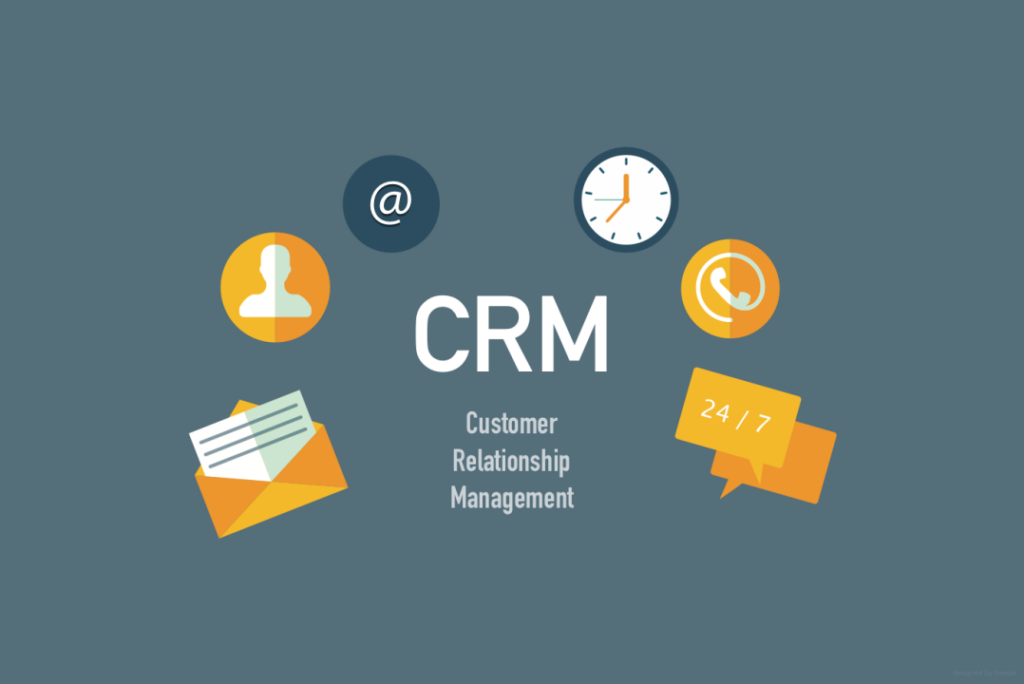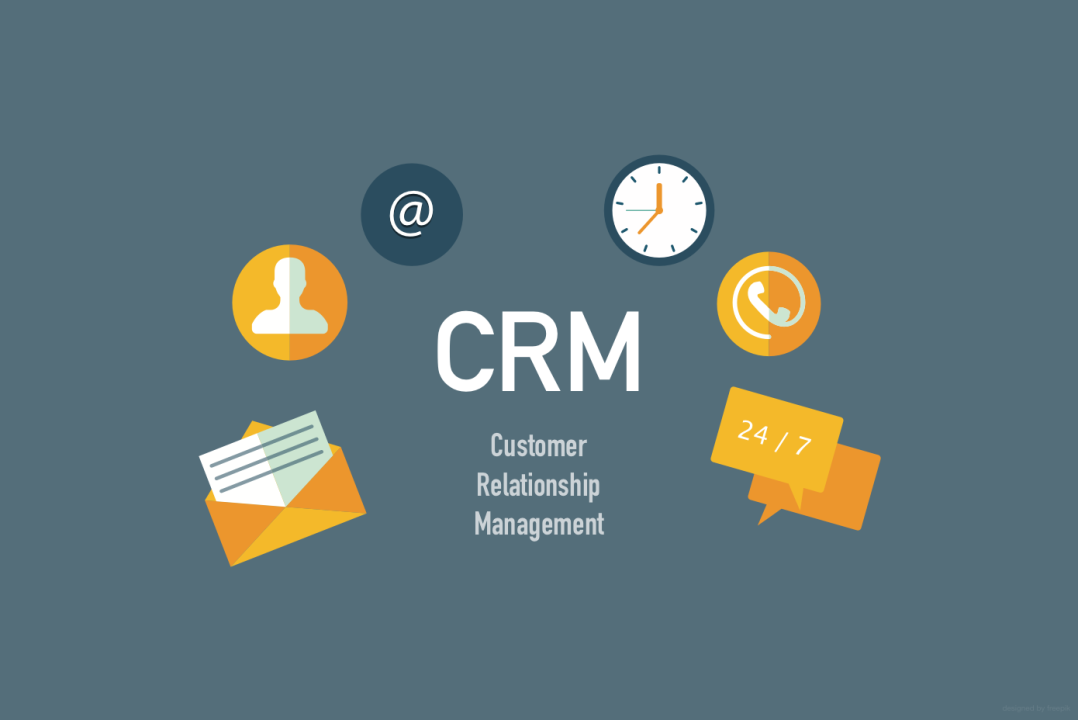
In an increasingly digital world, Customer Relationship Management (CRM) has evolved from a simple tool to a sophisticated strategy capable of transforming customer engagement. As we look toward 2024, Gen Z stands as the driving force behind this evolution. Born into the age of technology and constant connectivity, Gen Z is reshaping the way brands must approach CRM—demanding innovation, personalization, and seamless experiences. For businesses eager to tap into the potential of this influential demographic, understanding the dynamics of global CRM strategies for Gen Z is not just important—it’s imperative.
Gen Z: A Generation That Demands More
Unlike any other generation before it, Gen Z is a cohort that demands constant, authentic, and engaging experiences. Raised on smartphones, social media, and constant online connectivity, they have higher expectations for brands to interact with them on their terms. Gen Z’s relationship with technology is not just functional—it’s integral to their daily lives. To capture their attention and loyalty, CRM strategies must evolve, incorporating more than just transactional touchpoints. They require multi-dimensional, real-time engagement that’s tailored to their unique needs and preferences.
Gen Z is the first truly global generation, influenced by diverse cultures and trends across the world. They are not just consumers—they are active participants in shaping brand narratives. Their trust is earned through transparency, relevance, and, above all, genuine value. This means that brands must rethink how they engage with Gen Z, crafting CRM strategies that aren’t just reactive but proactive, innovative, and highly personalized.
Crafting a Global CRM Strategy for a Diverse Generation
A successful CRM strategy for Gen Z in 2024 must operate on a global scale while remaining sensitive to local cultural nuances. While this generation is interconnected through digital platforms, regional differences still shape their behaviors, preferences, and values. A global CRM strategy must offer consistency in branding and messaging while allowing for customization and adaptability based on local expectations.
Take, for instance, social media marketing. Platforms like Instagram and TikTok may dominate in Western markets, but in Asia, apps like WeChat or LINE hold sway. A well-designed CRM strategy for Gen Z must seamlessly integrate with these region-specific platforms, ensuring that brands meet their audience where they are, no matter where they live.
Moreover, Gen Z is highly responsive to the cultural and social movements they care about. Whether it’s sustainability, social justice, or mental health awareness, a CRM strategy for this demographic must not only understand their values but actively champion them. Brands that fail to align themselves with Gen Z’s priorities risk being perceived as out of touch or irrelevant.
Personalization: The Heartbeat of a Successful CRM Strategy
At the core of CRM for Gen Z is the need for hyper-personalization. This generation has grown up with tailored recommendations from streaming services, social media feeds, and shopping platforms. Anything less than a bespoke, individualized experience feels outdated to them. CRM strategies for 2024 must leverage data in new and innovative ways, utilizing AI, machine learning, and behavioral analytics to craft hyper-targeted messaging that speaks directly to each individual.
However, personalization goes beyond just knowing a customer’s name or previous purchase history. Gen Z values experiences that reflect their unique identity, interests, and values. For example, a brand that taps into Gen Z’s love of eco-friendly products and practices, offering personalized sustainability tips or environmentally conscious product recommendations, is far more likely to engage this audience in a meaningful way.
Brands must also consider Gen Z’s preference for immediacy. AI-powered tools like chatbots or predictive customer service are essential for creating a responsive CRM system that answers questions, resolves issues, and offers recommendations in real time. Gen Z doesn’t want to wait—they expect seamless, instant gratification, and companies must adapt their CRM tools to deliver on this demand.
The Role of Social Media in Shaping CRM for Gen Z
Social media is not just a channel for marketing; it is the primary avenue for Gen Z’s interaction with brands. It’s where they build relationships, discover products, and shape their identities. To fully unleash the power of CRM for Gen Z, brands must develop strategies that integrate social media platforms as central hubs of customer engagement.
But it’s not just about being present on the right platforms; it’s about how brands use these platforms to build relationships. Gen Z craves authenticity. They are drawn to brands that engage with them in a transparent, human way—not through corporate speak or generic messaging. User-generated content, influencer collaborations, and behind-the-scenes looks into a brand’s values and operations are powerful tools for creating trust and community.
Moreover, Gen Z is more likely to engage with brands that provide opportunities for two-way communication. Social media offers the perfect environment for this kind of interaction, whether it’s through direct messaging, responding to comments, or hosting interactive live events. These personal, real-time exchanges help forge deeper emotional connections and build long-term brand loyalty.
AI and Automation: Enhancing, Not Replacing, the Human Element
While Gen Z demands fast, personalized service, they also value the human touch. Artificial intelligence and automation are crucial for handling the scale and complexity of modern CRM, but they must be implemented carefully. The future of CRM for Gen Z lies in blending the power of AI with human authenticity.
AI tools can handle the heavy lifting—offering real-time responses, sending personalized recommendations, and tracking customer behavior—but it’s important that these technologies are used to complement, not replace, human interaction. For example, an AI chatbot can answer a Gen Z customer’s inquiry immediately, but when the conversation moves into more personal or nuanced territory, the customer should be seamlessly handed over to a human representative who can provide a more personalized, empathetic response.
By blending automation with genuine human connection, brands can create a CRM experience that feels both efficient and personal—an experience that will keep Gen Z coming back.
Future-Proofing Your CRM Strategy
As we move into 2024 and beyond, businesses must adapt quickly to the shifting needs of Gen Z. This means staying ahead of emerging trends, embracing new technologies, and continually refining CRM strategies to meet the changing expectations of a globally connected, tech-savvy, and socially conscious generation.
The brands that will thrive are those that prioritize personalization, inclusivity, transparency, and innovation. Those that can harness the power of AI and data while maintaining an authentic, human-centered approach will capture the loyalty and trust of Gen Z—a generation that, in many ways, is rewriting the rules of customer engagement.
In conclusion, the power of CRM for Gen Z is immense, and it holds the key to long-term business success. By crafting strategies that are global in scope but hyper-personalized, by leveraging new technologies while keeping the human element at the core, brands can unleash the full potential of CRM for the next generation of consumers. The future is now—and it’s time to connect with Gen Z in ways that resonate with their values and expectations.
